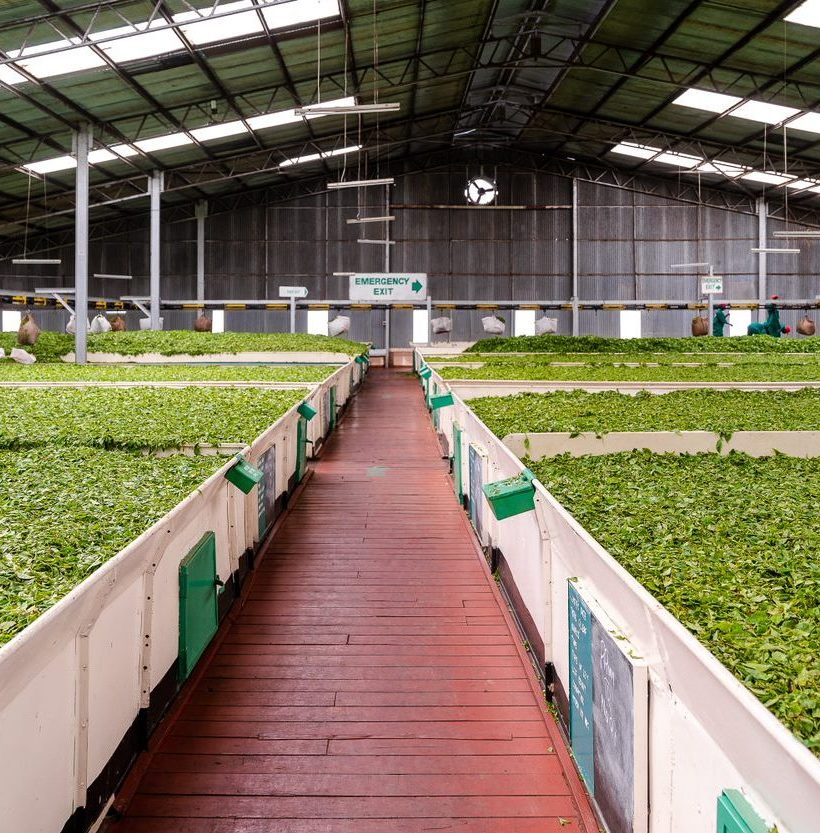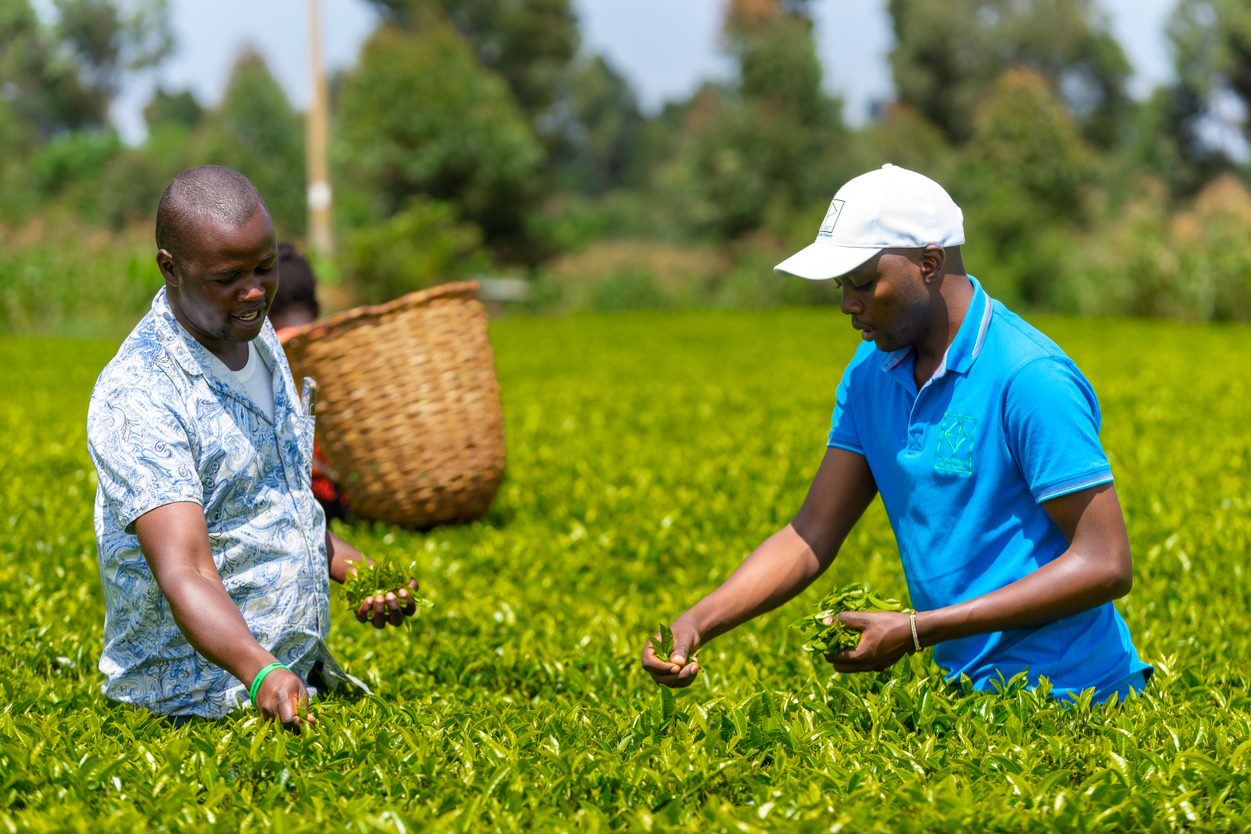Tea
Eastern Produce Kenya is one of the largest private producers of quality tea in Kenya. EPK owns five factories and seven estates and manages two client factories with three large associated estates.
Eastern Produce Kenya is one of the largest private producers of quality tea in Kenya. EPK owns five factories and seven estates and manages two client factories with three large associated estates.
The tea garden marks in the EPK group are sold under these names: Sokot, Chemomi, Kepchomo, Kipkoimet, Kamarya, Sitoi, Siret, and Kibwari. Siret and Kibwari are managed on behalf of various local producers. Each of these factories produces tea of distinctive quality and flavour making them unique amongst quality Kenyan teas.

At EPK, smallholder tea farmers are important as they enable the company's factories to operate at optimum efficiency and help to maintain good relations and stability with surrounding communities.
EPK has 7,500 smallholders who supply green leaf accounting for approximately 33% of the total green leaf processed through our factories. The company has comprehensive green leaf agreements with smallholders covering quality standards, business relationships and food safety. Some of the smallholders who sell green leaf tea to EPK are registered with Fairtrade under the Siret Outgrowers Empowerment and Producer Company Limited (SOEP).


The majority of our tea is hand-plucked. We are, however, investigating the opportunities to use new technology in all aspects of our business as that is important for our long-term sustainability. We recognize that the introduction of any new technology in any aspect of our global environment has both positive and negative impacts. Balancing affordability, efficiency, quality and social demands is important and one that we continuously reflect upon.
Our tea experts have borne this in mind as they have developed a hybrid tea harvesting system which uses people where they are more efficient and uses technology where efficiency gains can be obtained, and importantly, not creating gender barriers to employment.
We are undertaking an appraisal of this technology from its wider impact right through to the market acceptance of the final product. This is very much a work in progress.